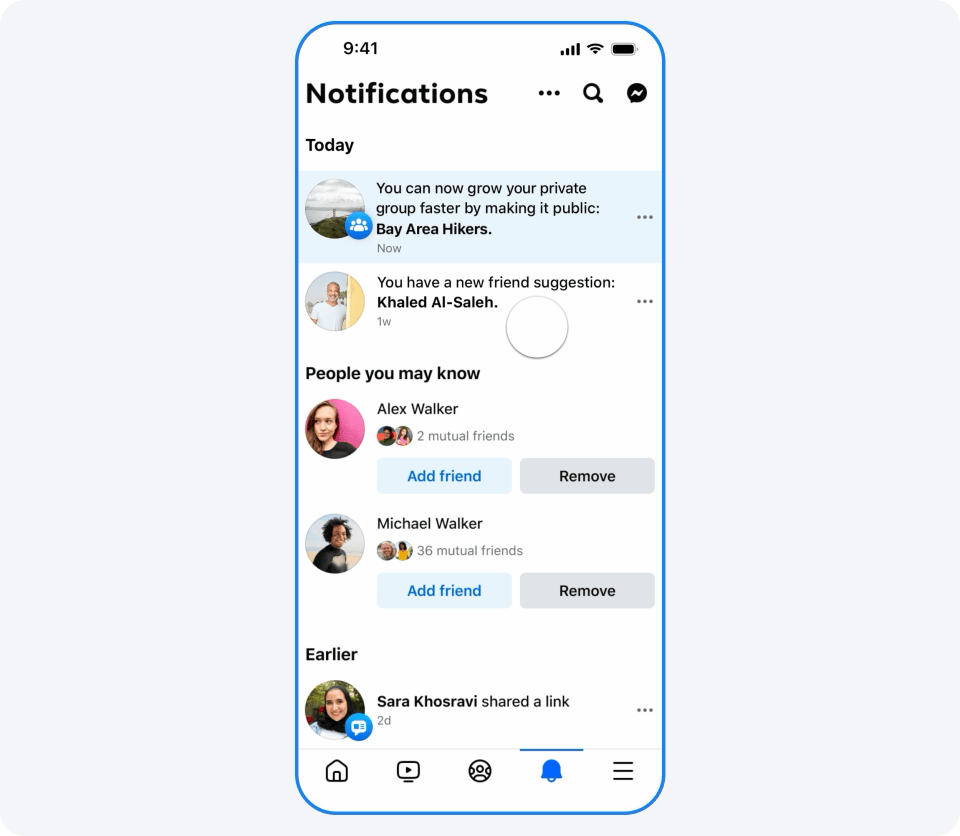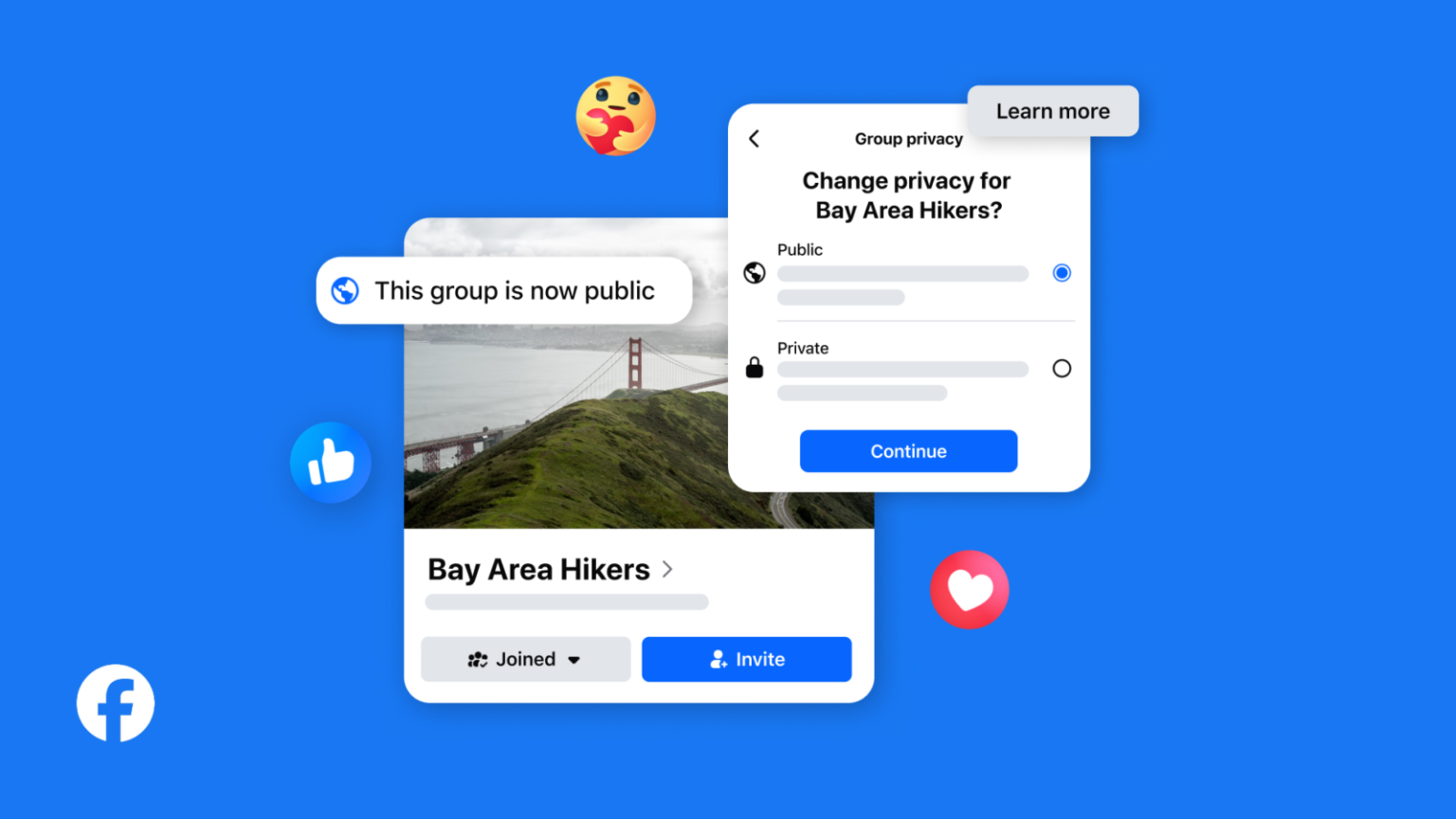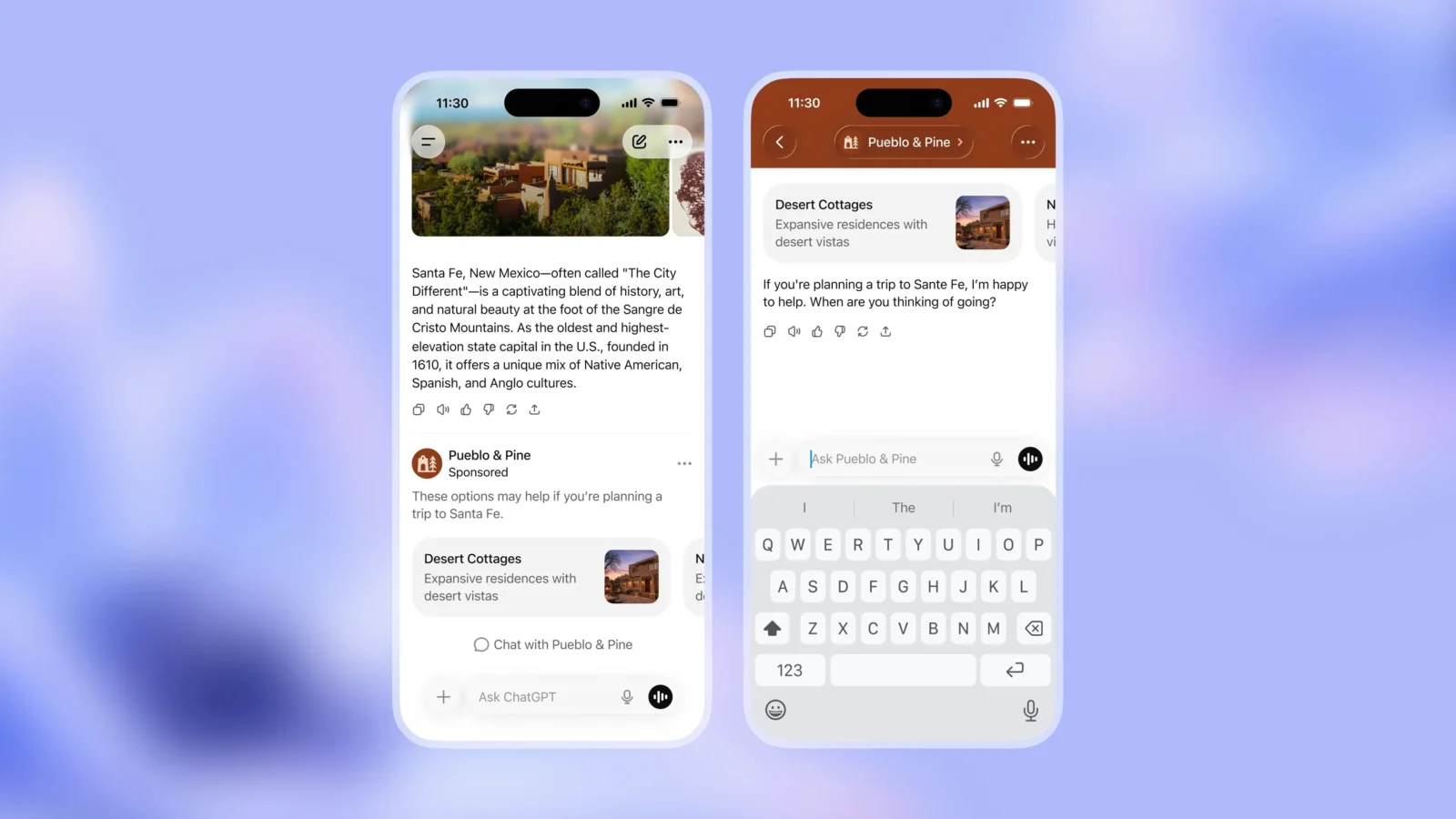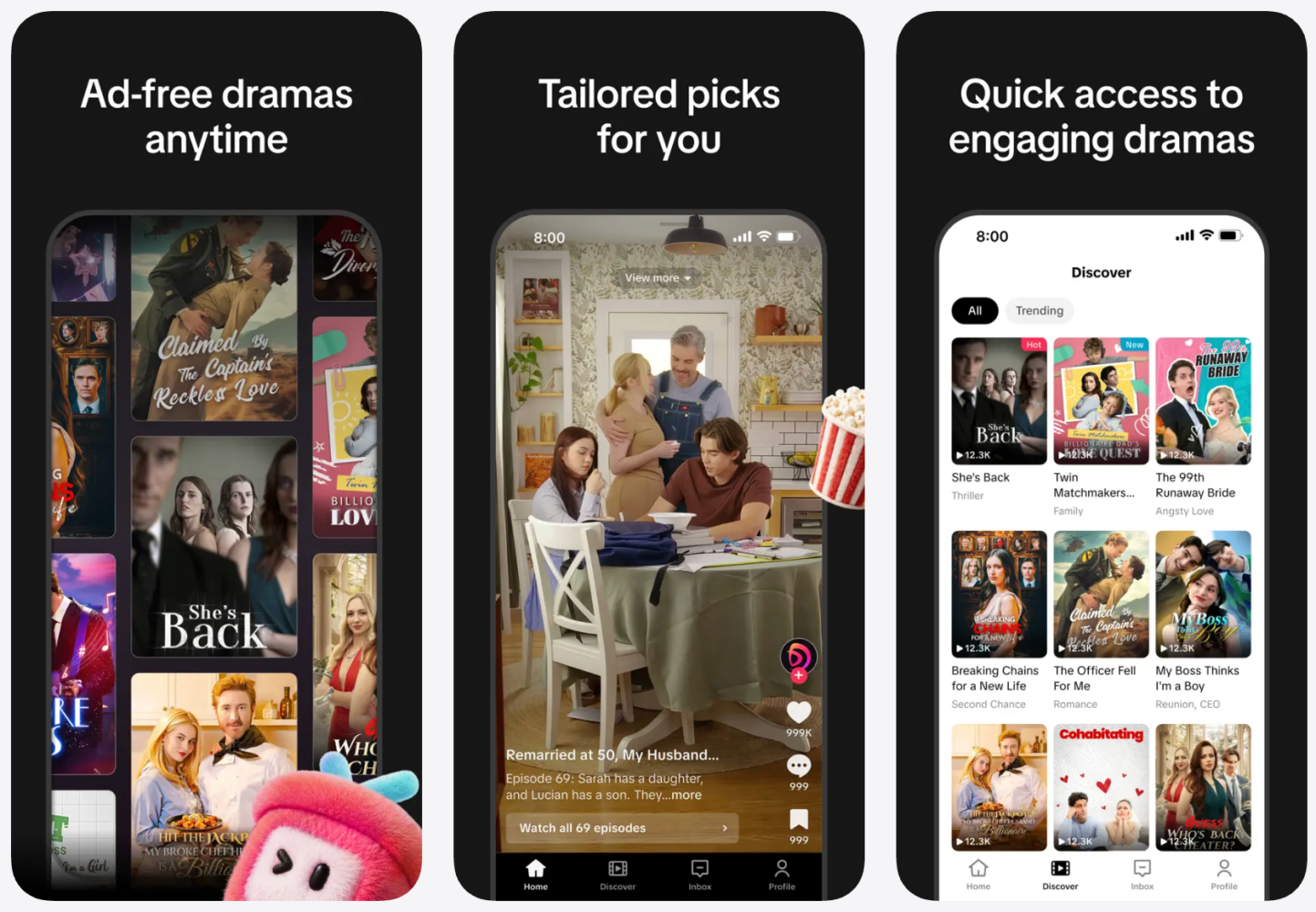Meta is giving Facebook Group admins more flexibility with a new update that allows private groups to go public — without exposing members’ old posts or personal activity. The change, announced Monday, means community managers can expand their reach and visibility while keeping existing members’ past contributions confidential.
The update addresses a long-standing issue for admins who start small, closed communities that later outgrow their private settings. Until now, turning a private group into a public one meant either creating a new space from scratch or risking the exposure of previous discussions. With this new system, groups can transition to a wider audience while preserving the integrity and privacy of their original members.

When an admin initiates the switch from private to public, the process begins on the group’s settings page. Meta says that all admins are notified of the change, and a three-day review window gives them time to cancel if there’s disagreement among moderators. Once the conversion goes through, everything shared before the change — posts, comments, photos, and reactions — remains accessible only to current members, admins, and moderators. The member list is also restricted to that same group of insiders.
After the transition, new content posted in the group becomes publicly visible, including to people who aren’t logged into Facebook. This adjustment could help public groups appear in search engine results, such as Google, potentially increasing engagement and discovery. Meta appears to be positioning this feature as a way to help creators, businesses, and communities grow their audience organically without leaving the Facebook ecosystem.
Members will receive a notification about the privacy change and a reminder the first time they post or comment after the group becomes public. If the admins later decide that the public setting isn’t working, they can revert the group to private again — restoring the group’s previous privacy boundaries.
The feature could help balance Facebook’s evolving focus between user privacy and community growth. By maintaining control over historical content while opening up visibility for future activity, Meta is offering a middle ground for admins who want to expand their audience responsibly.







